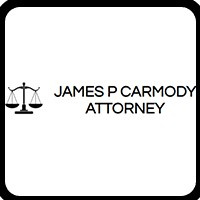Speedwell Credit & Debt Lawyer, Virginia
Not enough matches for Speedwell Credit & Debt lawyer.
Below are all Speedwell Bankruptcy & Debt lawyers.
James P Carmody
✓ VERIFIEDBankruptcy, Family Law, Credit & Debt
Since 1976, Mr. Carmody has provided outstanding legal services for bankruptcy, divorce, custody issues, and adoption proceedings to clients in the gr... (more)
Thomas M Jackson Jr.
Criminal, Traffic, Family Law, Credit & Debt, Motor Vehicle
Status: In Good Standing
Vincent John Carroll
Government, Workers' Compensation, Employment, Bankruptcy
Status: In Good Standing


